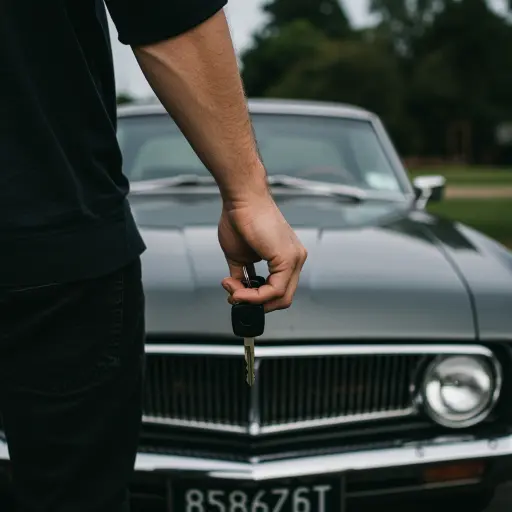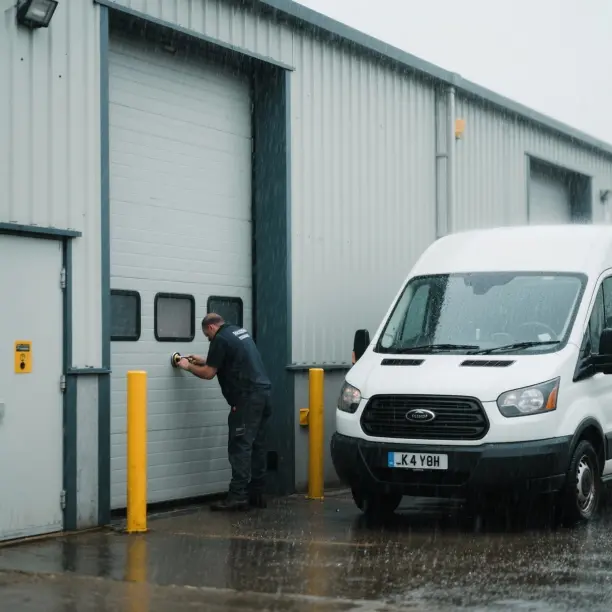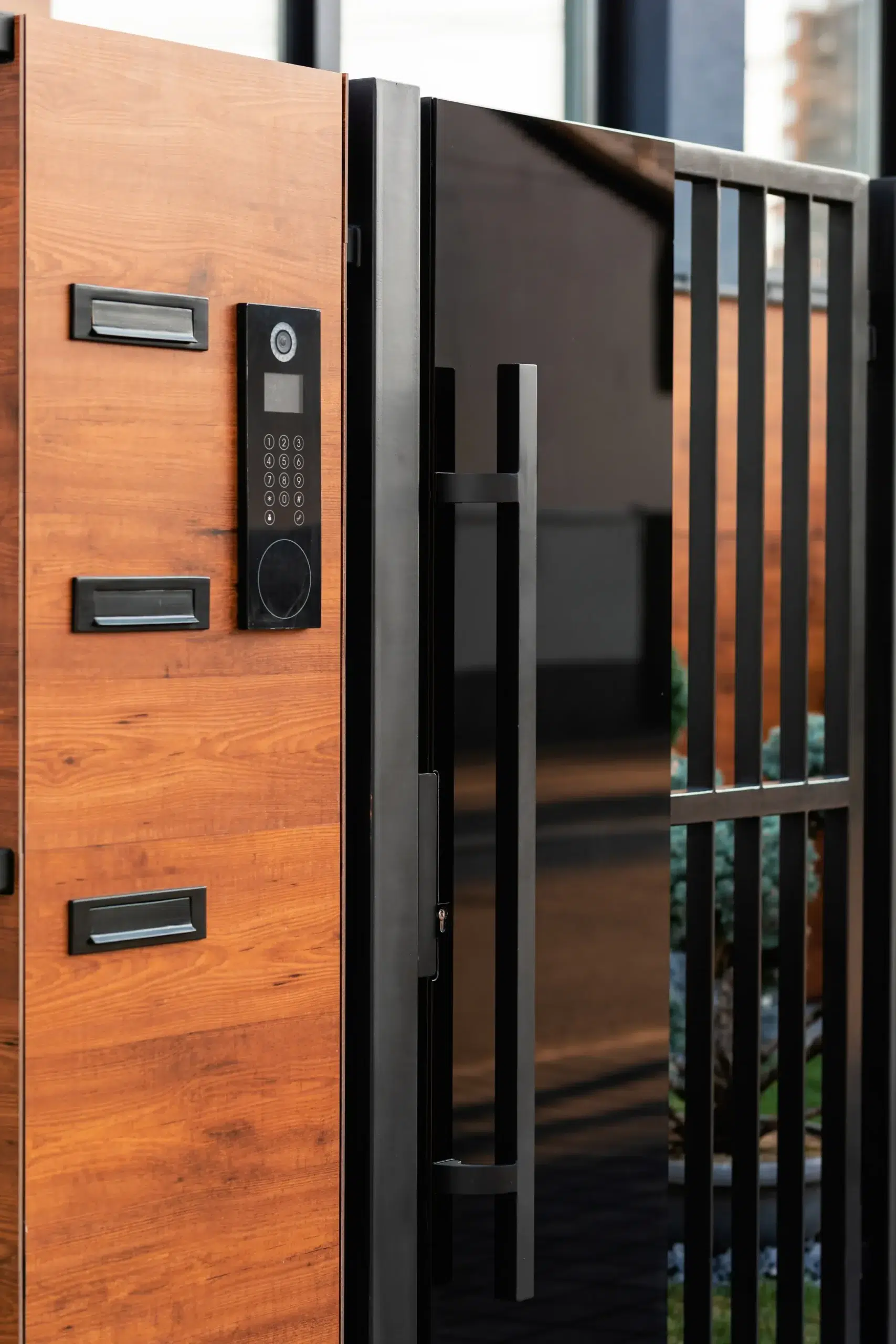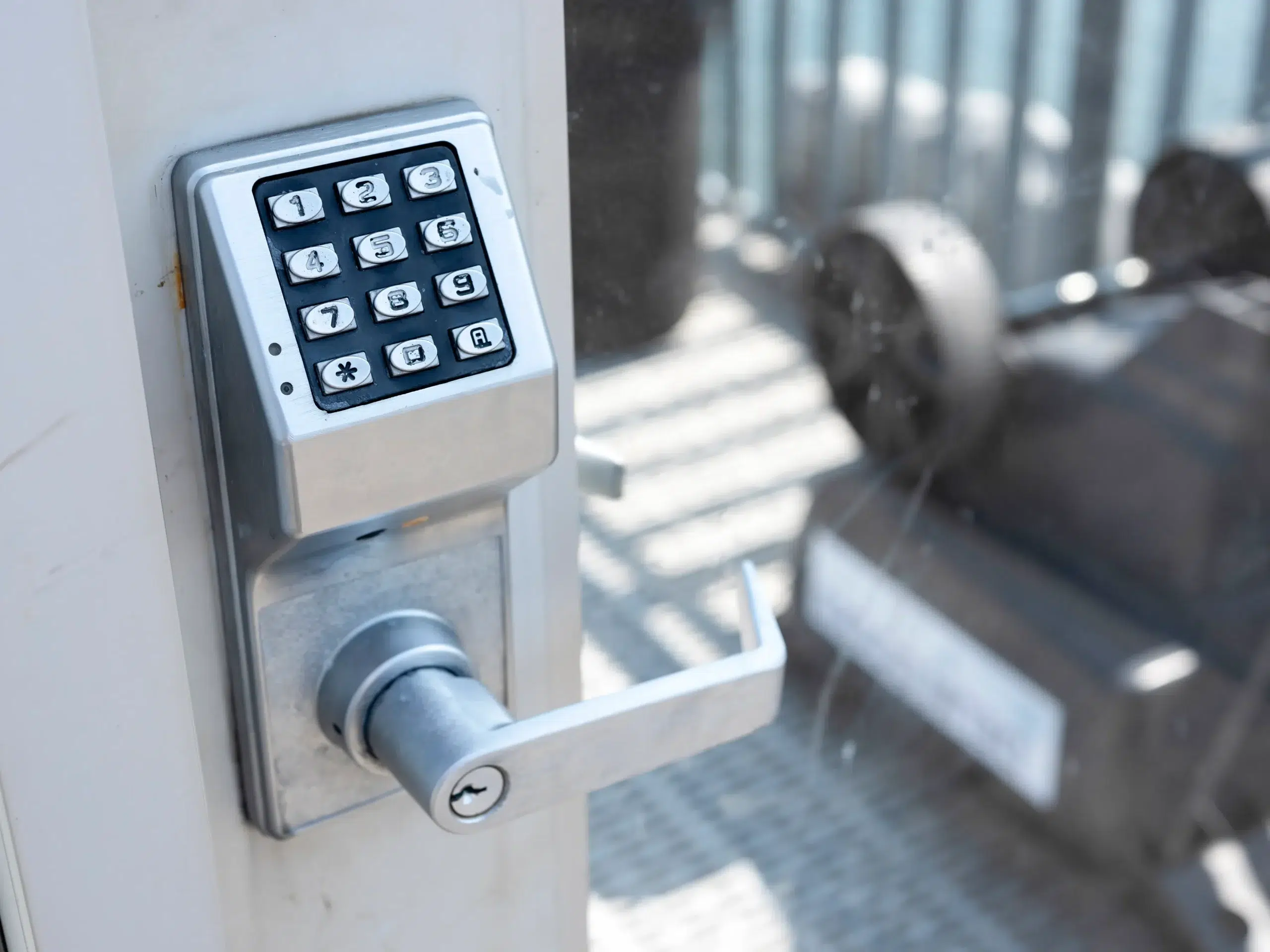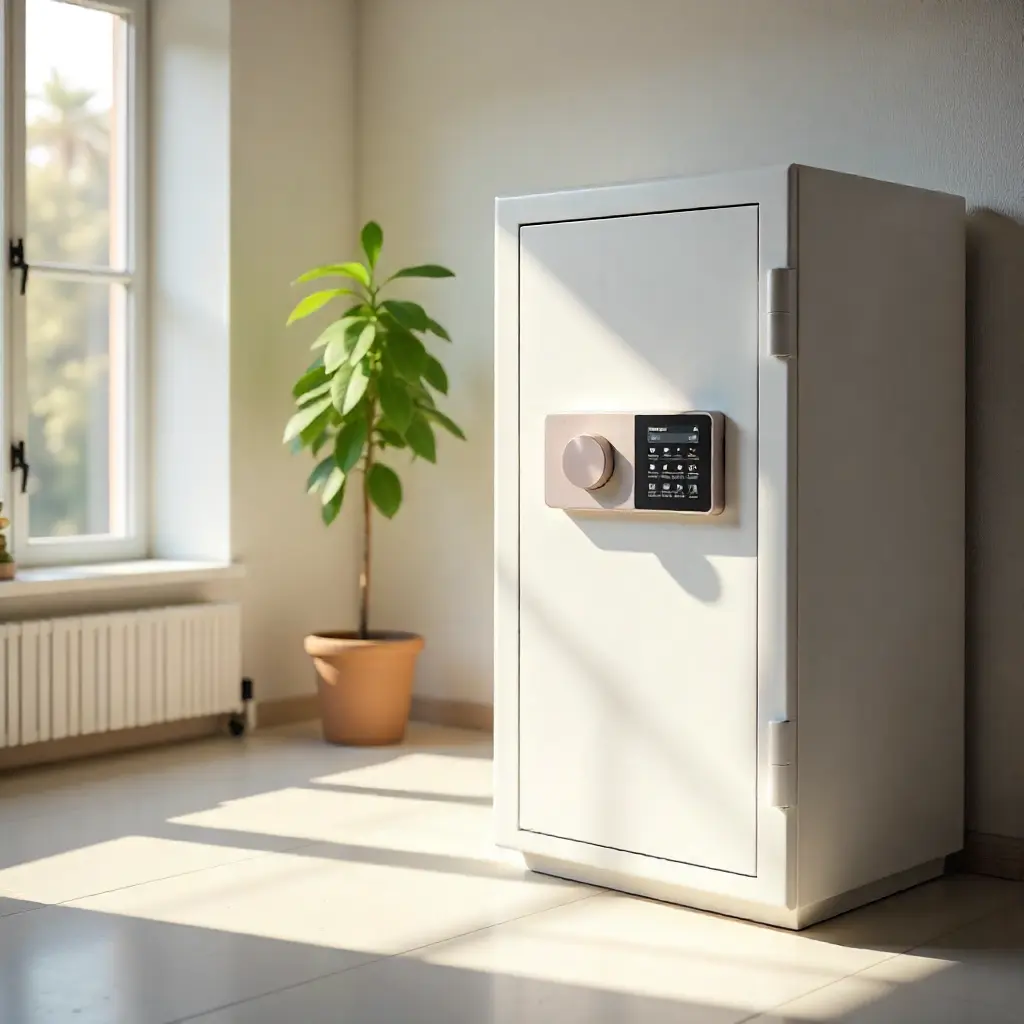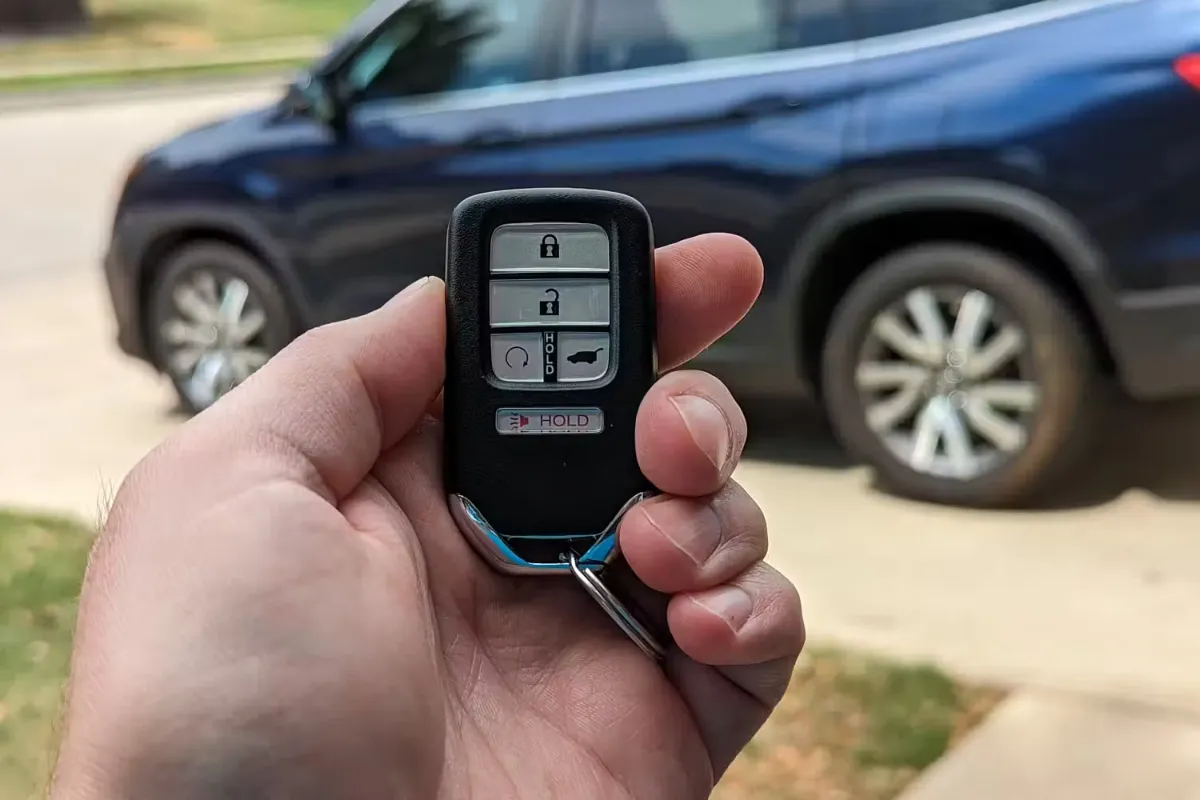Thinking about upgrading your home security this year? With technology advancing quickly, electronic entry systems have become more accessible than ever. A smart lock might be just what you need for convenience and peace of mind. But how do you know if these high-tech solutions are right for your situation? Let’s explore the signs that indicate you might benefit from a keyless entry system, plus which options work best for different homes and businesses across America.
Signs You Need a Smart Lock for Home Security
Do you frequently misplace your keys? Or maybe you’re tired of making copies for family members, housekeepers, or dog walkers. These are telltale signs that a keyless entry system might simplify your life.
Families with children who return home alone after school often benefit from a smart lock. Kids can enter using a code rather than carrying (and potentially losing) physical keys. Plus, you’ll receive notifications when they arrive safely.
Vacation rental owners find a smart lock particularly valuable. Instead of key handoffs with guests, you can simply send temporary access codes that expire after checkout. This adds convenience and eliminates the security risk of lost or duplicated keys.
EXCELLENTTrustindex verifies that the original source of the review is Google. Amazing service from John. He did everything in 5 minutes. I will keep in touch for more of his service. Definitely recommend!Posted onTrustindex verifies that the original source of the review is Google. Quick and efficient. Friendly staff. Can be there in emergencies.Posted onTrustindex verifies that the original source of the review is Google. This was a refreshingly good experience! John promptly responded to my early morning call about my keypad lock not working. He came within 20 minutes, offered alternate ways to try to get the lock open and eventually got it open. We had to purchase a new lock, I called John again for the installation, and he arrived at the stated time and installed our new lock quickly, efficiently, and without mess!!!!! A very knowledgeable and polite person. Highly recommend this locksmith.Posted onTrustindex verifies that the original source of the review is Google. John was the nicest, professional and efficient. Came right away was a great help:)Posted onTrustindex verifies that the original source of the review is Google. Spoke to John on the phone and he was at my place in less than 15mins. He fixed the issue with my car in less 5 mins at a very reasonable price. He’s very fast and efficient. I recommend him anytime, anyday. Keep up the good work 👍Posted onTrustindex verifies that the original source of the review is Google. John was incredibly helpful and handy in getting me into my apartment. He was very skillful and compassionate and opened the lock within 5 minutes. Highly recommend.Posted onTrustindex verifies that the original source of the review is Google. Great customer service. Very quick, very helpful and very nice!Posted onTrustindex verifies that the original source of the review is Google. Showed up on time, quick, clean and efficient work and reasonable price.Posted onTrustindex verifies that the original source of the review is Google. John was knowledgeable and pleasant to deal with! I was stuck in a plaza with a 2 year old and called 3 other companies including CAA they all gave me a very long window to wait. So glad I called 770, John was there within the hour and I was very gratefulVerified by TrustindexTrustindex verified badge is the Universal Symbol of Trust. Only the greatest companies can get the verified badge who has a review score above 4.5, based on customer reviews over the past 12 months. Read more
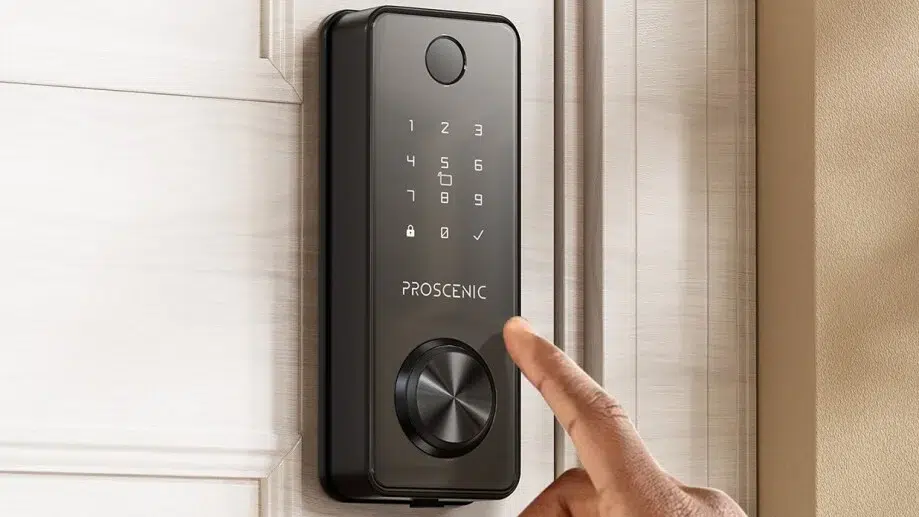
Integration with Apple Home and Smart Home Systems
The best security solutions work seamlessly with existing technology. Modern keyless entry systems integrate with popular platforms like Apple Home, Google Assistant, and Amazon Alexa.
This connectivity allows you to check entry status remotely, grant access to visitors while you’re away, and create automation routines. For example, when your smart lock activates, your system can automatically turn on lights and adjust the thermostat.
Consider compatibility with your current devices before making a purchase. Some brands work exclusively with certain ecosystems, while others offer universal compatibility across platforms.
Smart Lock Benefits for Commercial Properties
Business owners face unique security challenges that electronic entry systems address effectively. With traditional keys, employee turnover means expensive re-keying. Installing a smart lock eliminates this problem through easily revocable access codes.
These systems also provide valuable insights through access logs. You can see exactly who entered when, creating accountability and helping with time tracking. For retail locations, multi-unit buildings, and office spaces, this feature proves invaluable.
Regional considerations matter too. In urban Northeast locations with higher foot traffic, touchless entry reduces contact points. In Southern states prone to hurricanes, a smart lock with battery backup ensures continued operation during power outages.
Popular Smart Lock Options in 2025
The market has evolved significantly this year. Here are top contenders worth considering:
- Yale Assure: Perfect for Apple Home users with excellent reliability ratings
- August Wi-Fi: Retrofit design works with existing hardware
- Schlage Encode: Standalone system that doesn't require a separate hub
- Level Touch: Invisible design that maintains traditional aesthetics
- Kwikset Halo: Budget-friendly option with solid performance
Prices range from $150 to $350 depending on features. Most manufacturers now offer 3-5 year warranties, significantly improved from earlier generations.
Comparing New vs. Retrofit Smart Lock Solutions
When upgrading, you have two main options: complete replacement or retrofit solutions that work with existing hardware. Complete replacements typically offer more features but require more installation work.
Retrofit options preserve your current deadbolt while adding electronic capabilities. These work well for renters or historic homes where maintaining original hardware is important. They’re also typically less expensive and easier to install yourself.
Consider your comfort with DIY projects when choosing. Most complete replacements require basic tools and 30-60 minutes, while retrofit options often install in under 15 minutes with just a screwdriver.
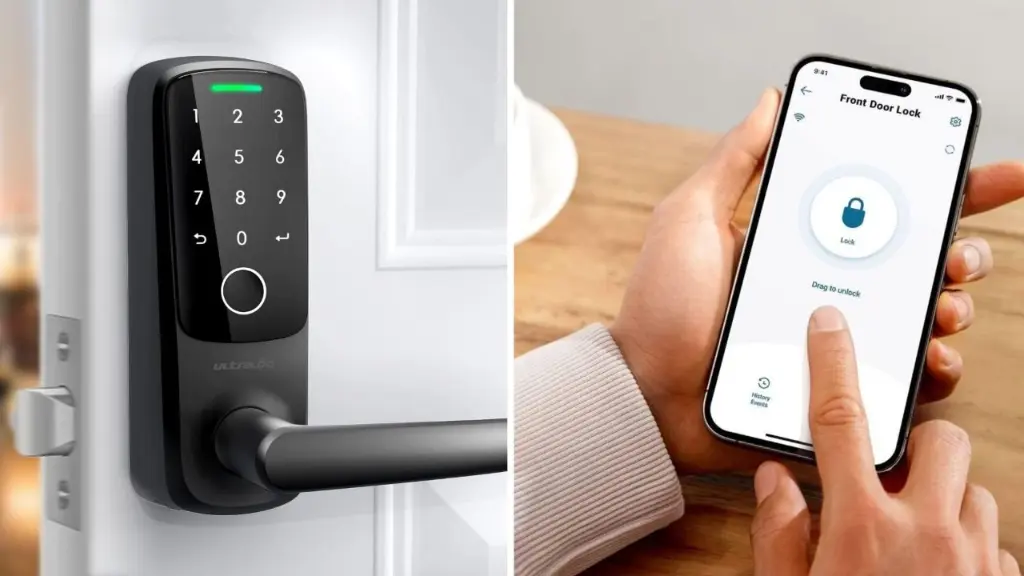
Is a Smart Lock Right for You? The Decision Guide
In the Midwest and Northeast, where winter weather is harsh, choose models with weather-resistant keypads and extended battery life. Western states with high wildfire risk benefit from systems that integrate with emergency services.
Consider your daily routine honestly. Do you frequently share access with visitors? Do you worry about lost keys? Would remote management simplify your life? If you answered yes to these questions, a smart lock likely makes sense for your situation.
For the security-conscious, look for models with encryption protection and tamper alerts. For the tech-enthusiast, prioritize systems with advanced integration capabilities. And for the practically-minded, focus on battery life and reliability ratings above novelty features.
Remember that proper installation makes all the difference in security performance. When in doubt, professional installation ensures your smart lock works correctly from day one.
Frequently Asked Questions
What is a smart lock?
It’s always cheaper to rekey a lock than buy a new one. Rekeying focuses on swapping pins and springs inside the existing cylinder, and you pay only for labor and a new key profile, rather than full hardware replacement or knob swap. So rekeying saves nearly half the cost.
What is an IoT smart lock?
This thing connects to your home internet network, allowing remote control and monitoring from anywhere. It sends notifications, creates access logs, and communicates with other smart devices—essentially a connected piece of hardware that shares data through the Internet of Things ecosystem.
How does a Smartlock work?
They use wireless protocols like Bluetooth or Wi-Fi to communicate with your phone or home hub. They contain a motorized actuator that physically moves the locking mechanism when receiving authenticated digital commands from authorized devices or valid access codes.
